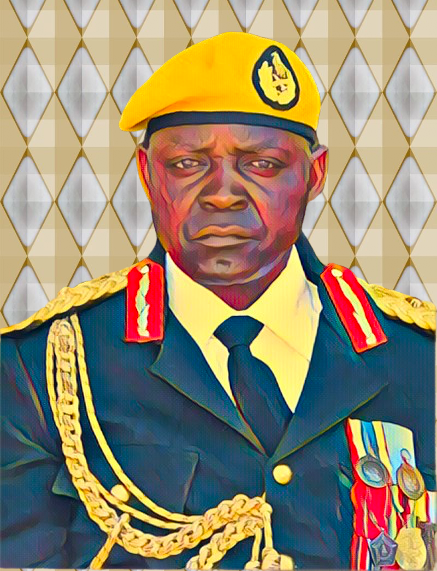Zimbabwe’s army commander, Lieutenant General David Sigauke, has declared his unwavering support for the ruling ZANU-PF party, stating he will enforce allegiance to the party among the country’s citizens. This announcement has sparked widespread concern about the impartiality of the military and its influence on the nation’s political landscape.
Speaking at a ZANU-PF event, Sigauke emphasized his commitment to the party and issued a stern warning to those who oppose it. “As the commander of the Zimbabwe Defence Forces, I will ensure that everyone supports our ruling party. We will not tolerate any dissent or opposition,” Sigauke declared, adding that the military will play a decisive role in maintaining the party’s dominance.
This declaration has raised alarms among political analysts and human rights organizations, who argue that the military’s involvement in politics undermines democratic principles. Zimbabwe has a history of military influence in politics, but Sigauke’s explicit statement marks a new level of military intervention in civilian affairs. Critics fear this could lead to increased political repression and curtailment of freedoms.
The opposition Movement for Democratic Change (MDC) has condemned Sigauke’s remarks, calling them a blatant violation of democratic norms. MDC spokesperson Fadzayi Mahere described the general’s comments as “dangerous and unacceptable.” She added, “The military should remain neutral and respect the will of the people. This declaration is a direct threat to democracy and a signal that the upcoming elections may not be free and fair.”
Human rights groups have also voiced their concerns, highlighting the potential for increased state violence and intimidation. Amnesty International has called on the international community to monitor the situation closely and ensure that human rights are upheld in Zimbabwe. “The international community must not turn a blind eye to these developments. The people of Zimbabwe deserve to exercise their political rights without fear of retribution,” said Deprose Muchena, Amnesty International’s Director for East and Southern Africa.
Despite the outcry, ZANU-PF officials have defended Sigauke’s stance, praising his loyalty and commitment to the party’s vision. ZANU-PF spokesperson Simon Khaya Moyo stated, “Lieutenant General Sigauke’s dedication to ZANU-PF is commendable. His leadership will ensure that our party remains strong and unified. We fully support his efforts to secure our country’s future.”
This development comes at a critical time as Zimbabwe prepares for its general elections. The country has been grappling with economic challenges, political instability, and social unrest. The role of the military in politics has been a contentious issue, with many citizens calling for greater transparency and accountability. Sigauke’s declaration has further polarized public opinion, with some expressing support for his hardline approach, while others fear it will lead to increased authoritarianism.
The international community has reacted cautiously to the news. Diplomatic sources indicate that there will be increased scrutiny of Zimbabwe’s political process in the coming months. The United States and European Union have previously imposed sanctions on Zimbabwean officials over human rights abuses and lack of democratic reforms. The latest developments are likely to impact future relations and aid programs.
In response to the growing concerns, civil society organizations in Zimbabwe are mobilizing to advocate for democratic governance and human rights. They are calling for peaceful protests and urging citizens to stand up for their rights. “We must remain vigilant and resist any attempts to undermine our democracy,” said Jestina Mukoko, a prominent human rights activist. “Our future depends on our ability to demand accountability and uphold our constitutional rights.”
As Zimbabwe approaches its elections, the tension between the military’s influence and the citizens’ demand for democratic processes will be a critical factor to watch. The path forward is uncertain, but the resilience and determination of Zimbabwe’s civil society offer a glimmer of hope for a more democratic future.
Source: newzimbabwe.com


